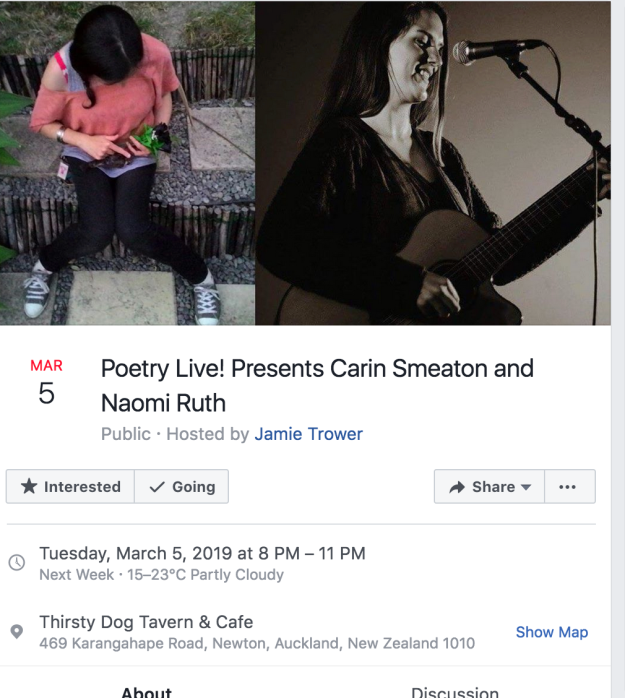Have you heard of Artemisia?
Have you heard of Artemisia of Halicarnassus,
or Cartismandua? or Camilla?
Have you heard of Hiera of Mysia? Or Julia
Mammaea who ruled Rome? Or Tomyris the Celtic
queen who killed great Cyrus of the invading
Medes and Persians?
Have you heard of Boadicea who fought
an attacking empire – who would not be a Roman
Triumph and died by her own hand?
Have you heard of Martia Proba, Martia the Just?
Her Martian Statue after a thousand years
was the source of Alfred’s code . . .
And what of Hypatia of Alexandria? head of
the School of Philosophy, logician, astronomer,
mathematician, torn to pieces by a Christian
bishop’s flock . . .
Have you heard of Thecla the Apostle, or Aspasia,
or Nausicaa? and if you know passionate Sappho
what of Corinna, St. Bridget, or the Lady Uallach?
and since you know Joan of Arc, should I
mention the Papess Joan or good Queen Maud,
or Philippa the beloved queen whose merchants
bought her pawned crown back . . .
I did not learn them at school, these queens
and scholars . . . but scan names such as Mary,
Elizabeth, Shulamith, for their story – vivid
women who lived as the Celts did, with audacia,
and loved their sisters . . .
In a wheel’s radiation all spokes fit the motion . . .
old Europe’s strain has crossed the Pacific Ocean
and I have heard it, who am a descendant
in a train, going back to a flat with a goddess
wall, who connections travel countrywide
in quiet woman’s guise . . .
dedicated to Elizabeth Gould Davis and Max Jacob
Heather McPherson, from A Figurehead: A Face (Spiral, 1982)
Have you heard of Heather McPherson?
Emma Neale asked me this question when I was searching for lesbian and queer poets for my PhD research. I hadn’t which is hard to imagine now.
‘Have you heard of Artemisia?’ was painted on the outside wall of the Women’s Gallery on Harris Street, Wellington in 1981.
As I typed the poem it became apparent that Microsoft Word had not heard of Cartismandua, or Hiera of Mysia or Tomyris. Neither had I. My middle name is Bridget. A name I share with many women in my family. Every year in my Catholic primary school in Ireland we weaved St. Bridget (most commonly spelt Brigid) crosses on her saint’s day, the first of February. Nobody mentioned Darlughdach, Bridget’s apparent female lover and soulmate. Catholic forums online call this a conspiracy theory.
Heather was the first out lesbian to publish a poetry collection in New Zealand.
I’m not a “gold star lesbian” (watch Hinemoana Baker explain the term here). It took me a long time to own my feminism. The Guerilla Girls came to my university in Cork sometime in 2007 (or 2008 or 2009 . . . ) and when they asked the crowd, “How many people here tonight call themselves a feminist?”, I did not raise my hand. I didn’t think then that it mattered that men always won the Oscar for best director, or that women feature in the Met predominately as nudes not as artists. I believe my religious upbringing ensured that the patriarchal domination of society remained unquestioned within me for far too long. I did not learn to question at school.
There are ten question marks in this poem. I encourage you to ask yourself ten questions today. And to ask ten people, “Have you heard of Heather McPherson?”
Emer Lyons is an Irish writer who has had poetry and fiction published in journals such as Turbine, London Grip, The New Zealand Poetry Society Anthology, Southword, The Spinoff and Queen Mob’s Tea House. She has appeared on shortlists for the Fish Poetry Competition, the Bridport Poetry Prize, the takahé short story competition, The Collinson’s short story prize and her chapbook Throwing Shapes was long-listed for the Munster Literature Fool For Poetry competition in 2017. Last year she was the recipient of the inaugural University of Otago City of Literature scholarship and is a creative/critical PhD candidate in contemporary queer poetry.
Heather McPherson (1942–2017) was a poet, editor, teacher and feminist activist. In 1974 she founded Christchurch Women Artists Group and Spiral, a woman’s art and literary journal. She published five collections of poetry, with her poems appearing in numerous journals and anthologies. Figurehead: A Face (Spiral, 1982) was the first poetry collection by an out lesbian in New Zealand. Janet Charman selected the poems for McPherson’s posthumous collection, This Joyous, Chaotic Place: Garden Poems (Spiral, 2018).










